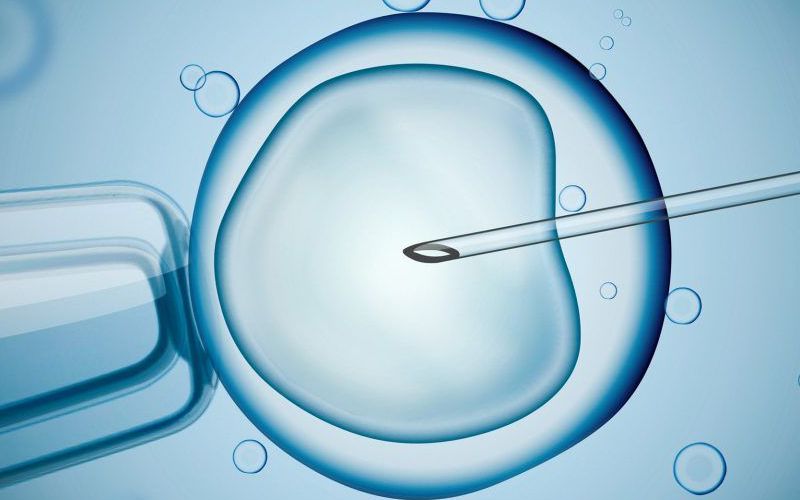INTRACYTOPLASMIC SPERM INJECTION (ICSI) – IVF
Intracytoplasmic Sperm Injection (ICSI) is a specialised form of In Vitro Fertilisation (IVF) that is used primarily for the treatment of severe cases of male-factor infertility. ICSI involves the injection of a single sperm directly into a mature egg.

Who might be recommended to have ICSI?
Your doctor may recommend ICSI if:
- you have a very low sperm count
- your sperm are abnormally shaped (poor morphology) or they don’t move normally (poor motility)
- You have had IVF previously and none, or very few of the eggs fertilized.
- you need sperm to be collected surgically from the testicles or epididymis (a narrow tube inside the scrotum where sperm are stored and matured); for example because you have had a vasectomy, or you have a blockage that prevents sperm reaching the ejaculate, caused by disease, injury, or a genetic condition, or because you have an extremely low sperm count
- You are using frozen sperm in your treatment which isn’t of the highest quality, especially if it was stored because your fertility was under threat, or following a surgical sperm retrieval.
- You are having embryo testing for a genetic condition, and sperm sticking to the outside of the eggs would interfere with the results.
How does ICSI work?
ICSI treatment will be exactly the same as with IVF. The only difference is that instead of mixing the sperm with the eggs and leaving them to fertilise, a skilled embryologist (embryo specialist) will inject a single sperm into the egg.
This maximises the chance of fertilisation taking place as it bypasses any potential problems the sperm will have in getting inside the egg.
Risk associated with ICSI
- So far, there is no convincing evidence that the incidence of birth defects is any different with ICSI or IVF compared with children born to other parents of similar age and health.
- The mother’s age at delivery, family history and the presence of pregnancy complications are the most important predictors of newborn health. However, it is possible that a male child born as a result of ICSI might have a fertility problem similar to his father’s.



